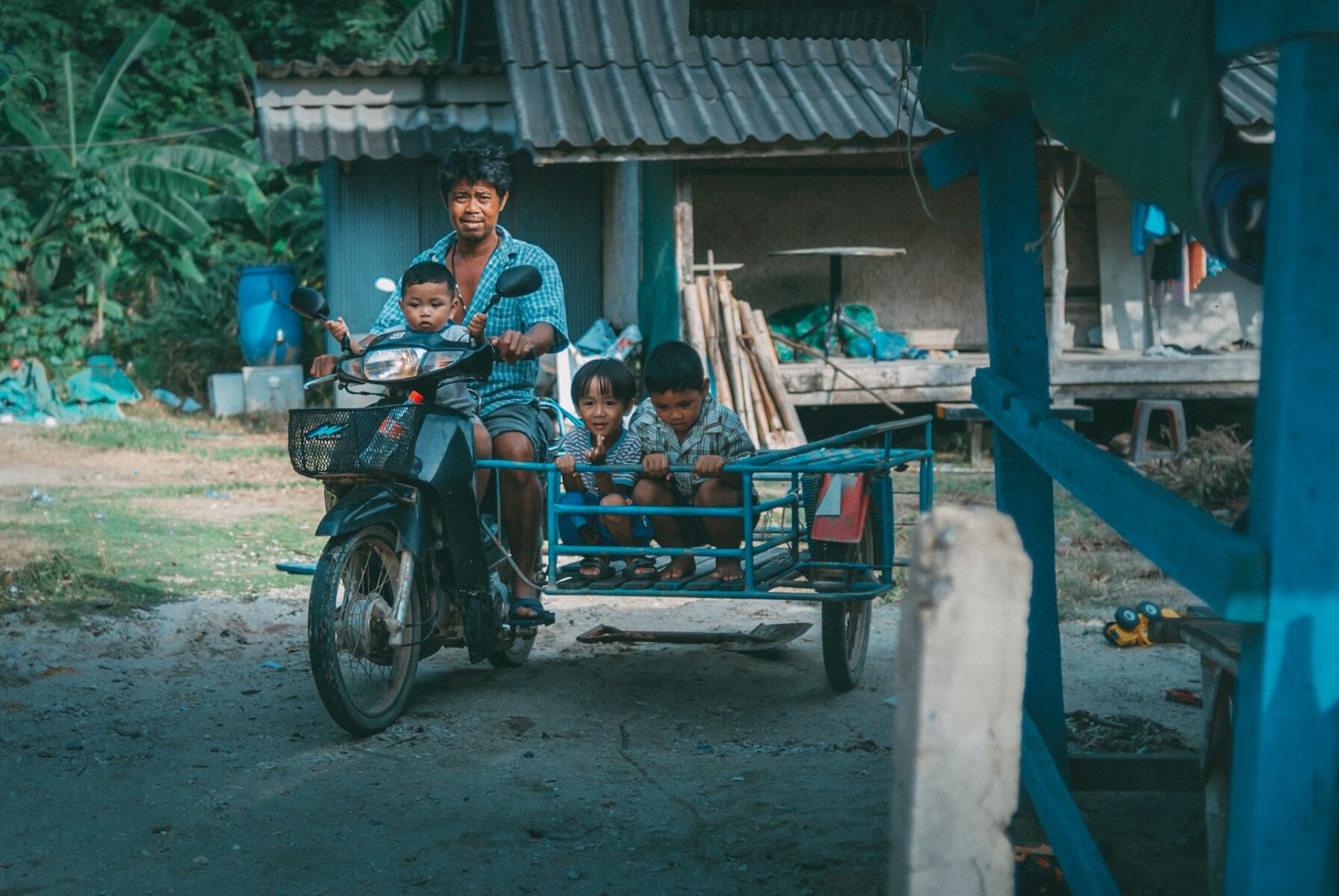One Family, One Soft Power policy introduced to promote Thailand’s soft power

The new government of Thailand, led by Prime Minister Srettha Thavisin, has introduced a policy known as One Family, One Soft Power (OFOS). This policy aims to promote Thailand’s soft power, starting by improving the skills of Thai people with free training programmes and workshops.
The political campaigns of the Pheu Thai Party gained a lot of interest from the people. For example, the 20 baht train fare, 10,000 baht digital currency, constitution revision, and same-sex marriage all caught the electorate’s imagination.
Aside from those policies which gained huge attention from the people, the Culture Minister, Sermsak Phonpanich, highlighted the OFOS policy during an interview on September 5, aiming to draw attention to its significance.
According to a report on Sanook, the OFOS initiative is designed to elevate Thailand’s soft power on the global stage, with an initial focus on the Thai population itself. The Pheu Thai Party’s vision is to elevate 20 million Thai citizens into highly skilled workers, each earning an annual income of at least 200,000 baht.
The policy applies to the core of the former campaign, One Tambon, One Product (OTOP), launched by the former PM Thaksin Shinawatra. The campaign encouraged residents in each district of the country to gather and create their districts’ unique products.
Under OFOS, the government will encourage each family to enhance the skills of at least one of its members. Free training programs and workshops will be made accessible to the public, covering a wide array of subjects, including art, music, sports, etc.
Once a substantial number of skilled individuals have emerged, the government will work towards creating 20 million job opportunities to support this highly skilled workforce.
The specific department set to take responsibility for this campaign is the Thailand Creative Content Agency (THACCA) will be responsible for the project.
A renowned reporter from Channel 3, Sorayuth Suthassanachinda, questioned Culture Minister Sermsak about whether the scale of this campaign might be too vast to manage effectively. Sermsak acknowledged the broad scope of the campaign but expressed confidence in its success.
The policy sparked controversy among Thai netizens saying the newly formed government do not understand the word, soft power. Many netizens agreed with the concept of the policy and urged the committee to consider changing the word to represent the policy concept clearly.
The concept of soft power has been in the spotlight since the former government led by Prayut Chan-o-cha. The initial five elements of soft power introduced by the previous government include Thai food, Thai films, Thai fashion, Thai martial arts, and Thai festivals.
Follow more of The Thaiger’s latest stories on our new Facebook page: CLICK HERE
Latest Thailand News
Follow The Thaiger on Google News:


























